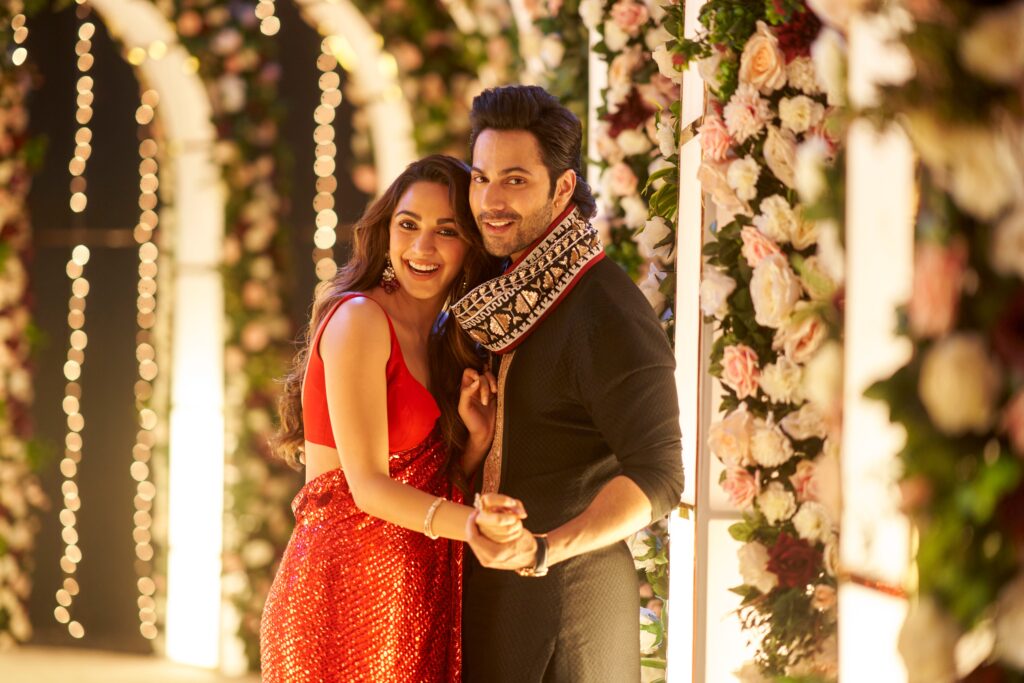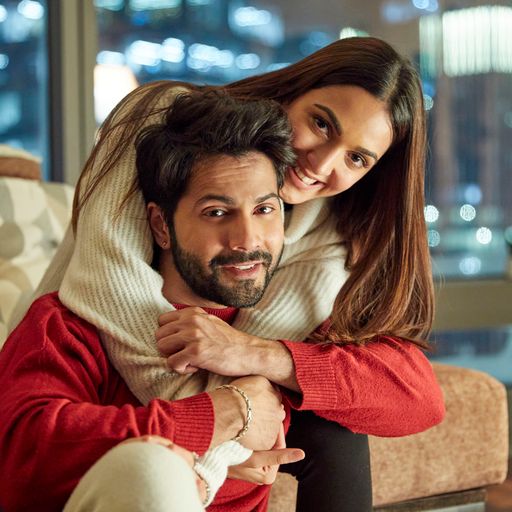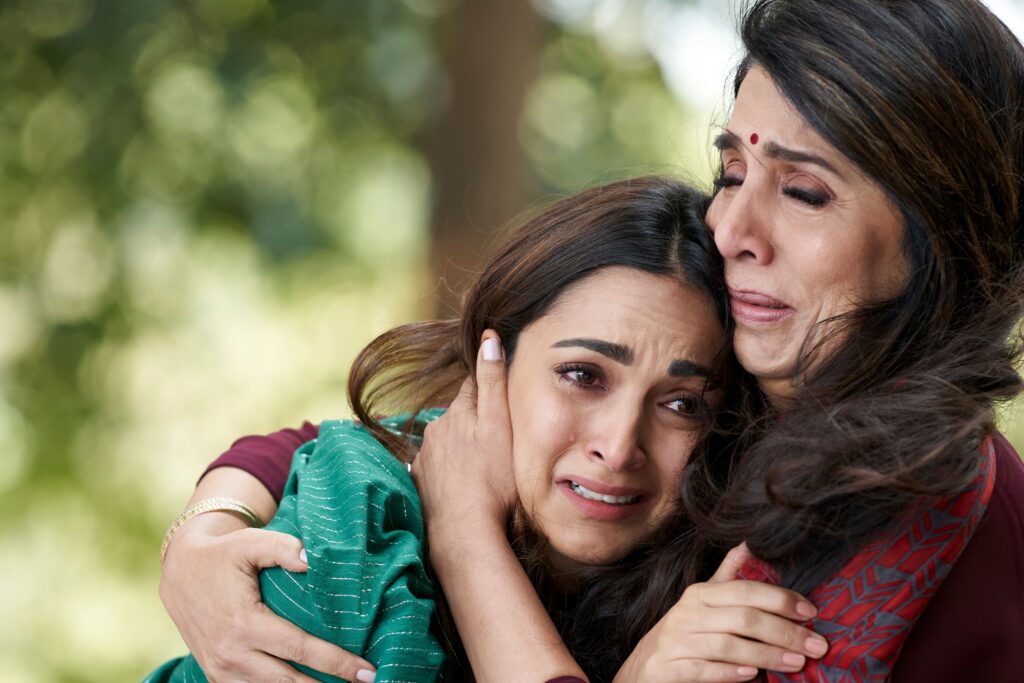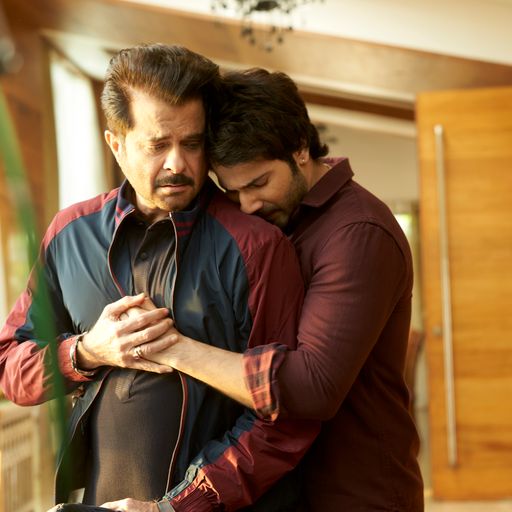Jugjugg Jeeyo has been declared as a commercial success within the first weekend of its release.
If the film’s trailer, the songs releases and the over-enthusiastic promotions were any indication, Jugjugg Jeeyo is the perfect recipe for the wholesome family entertainer with the right songs (that will play at every wedding this season), family drama, gorgeous ethnic outfits and set design, and a lot of Punjabi-ness.
The film certainly fits the “Dharma” brand. But that’s not why I enjoyed it.
I liked it because it tried something different whilst delivering all of the above (along with a little bit of cringes… but let’s ignore that for now).
Here are 5 reasons why I enjoyed watching Jugjugg Jeeyo, and why you shouldn’t be too quick to judge the film:
Please note: the following may include spoilers
1. It shows a marriage, not a wedding.

Typically, a film ends when the hero and heroine get married. “The Happily Ever After”
However, Jugjugg Jeeyo begins after the “The End”.
The film shows what happens after the big-fat-happy wedding. It shows a marriage between two people who love (or loved) each other and are now too caught up in their mundane lives to be romantic twenty-four-seven.
Kuldeep Saini aka Kukoo (played by Varun Dhawan) and Naina Sharma (played by Kiara Advani) are childhood sweethearts who are poster kids for Love.
They move from Punjab to Canada because of Naina’s job and soon realize their capabilities as a couple and as individuals, and their incompatibilities.
Which brings me to the second reason why I liked Jugjugg Jeeyo …
2. Respect is mutual. Communication is key.
Very often we’re quick to judge a man or a woman in a relationship by the roles they play.
If a woman is more career-focussed than the man, she’s too ambitious. If the man has an unconventional job and not the sole breadwinner, he’s lazy.
And sometimes these are the preconceived notions that can become toxic in a relationship.
Kukoo works as a bouncer in nightclub while Naina is climbing up the corporate ladder. After years of dating and then being married, they seem to have lost the spark for each other. They have nothing in common anymore and have also the mutual respect they once shared.
Naina sees Kukoo as a failure, professionally and personally. And Kukoo thinks Naina career is more of a priority to her than her family.

However, its only when they communicate honestly is when they’re able to break the metaphorical thick concrete wall that grew between them.
Watch out for the emotionally charged scene between the two when they break down.
Exceptionally performed by Dhawan and Advani, and props to Director Raj Mehta and Writer Rishhabh Sharrma for delivering it authentically.
3. Getting real about the big D – DIVORCE … and Double Standards
The film has been promoted as a “Divorce Comedy”, which it is to an extent.
It humorously lays the groundwork in the first half to prepare the viewers for the bumpy, dramatic ride in the second half which sheds light on the complexities of relationships, marriage and divorce.
Naturally, when the younger generation choses to opt for divorce, they’re met with resistance from the family. The obvious solutions to mend their relationship are to have a baby, communicate, and simply “sort it out”.
But what if an elderly couple decides to separate? Are they offered the same solutions?
What is acceptable at their age and stage in life? Do the children get a say in their decision to divorce?
Oh, the double standards!
Geeta and Bheem Saini (played by Neetu Kapoor and Anil Kapoor, respectively) will remind you of your typical Indian parents, who’ve learned to live with one another out of habit. They may love each other but are probably not in love with each another. They’re just as jaded in love as Kukoo and Naina.
So why should their decision to divorce be any different from another couple wanting to separate? They too don’t need the world’s permission to be happy.
Another noteworthy moment in the film is the heartfelt conversation between Geeta and Naina who confide in each other, not as mother-in-law or daughter-in-law, but as women who need to prioritize themselves over their partners.

Another problematic mindset the film touches upon is the notion of Marriage – it is considered the end-all and be-all of everything.
Even when the married couples, Kukoo-Naina and Geeta-Bheem in this case, are going through a terrible marriage that’s on the verge of a breakdown, they insist on Ginny (played by Prajakta Koli) to view marriage through rose-colored glasses.
… Because shaadi ke baad sab theek ho jaayega (everything will fall into place after marriage).
4. Our parents are not perfect
Let that sink in. Our parents are not perfect.
We like to put them on a pedestal, but they are not perfect. They are human and they make mistakes as well.
Kukoo sees his mother Geeta and father Bheem Saini as the perfect parents. And just like any child, he is in denial that they could have flaws… and a rocky marriage.
Our parents can be selfish, ignorant, oblivious and may not always have the right answers.

Kukoo feels betrayed by his father for having an affair with another woman and being a selfish man-child. He refuses to accept their imperfections and recognize them as two individuals seeking happiness for themselves.
He cannot fathom why his mother doesn’t care enough to fight for her marriage to his father, and how his father broke every rule in the book.
Dare I say – double standards exist in every generation.
5. Foot-tapping music
What’s a Dharma Production movie without great music!!
Barring the controversy of copyrights to the original track “Nach Panjaban” – Jugjugg Jeeyo has this year’s best album.
All the tracks are memorably foot-tapping numbers that will certainly be playing at Indian weddings for a long time.
One of my favorite tracks from the film is a techno (I think it’s techno) rendition of a popular thumri song Rangi Saari, originally sung by late classical vocalist Shobha Gurtu. It’s catchy, romantic and soulful. And the choreography by Bosco Martis is fantastic.
Popcorn Rating – 


 [4/5]
[4/5]
Overall, Jugjugg Jeeyo is a wholesome family entertainer – you’ll laugh, cry, squirm in your seat a bit, question your relationships and marriage, and leave the theatre dancing with a smile!
Watch the exclusive interview with Maniesh Paul for Jugjugg Jeeyo:
Jugjugg Jeeyo is currently playing in cinemas worldwide.